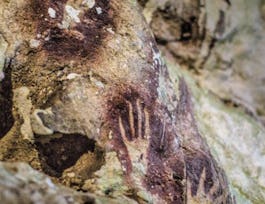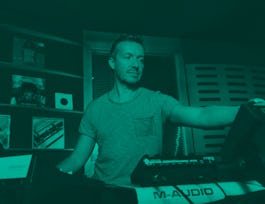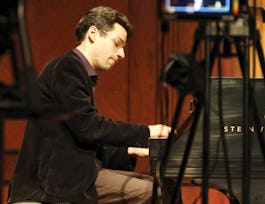Did you ever wonder how music works?
This course provides free video, audio and journal resources that explain six basic principles about how music can influence individual and community health and wellbeing. From biology and neuroscience, to psychotherapy and politics, the ways we engage with music can make all the difference. Music has always played an integral role in the lives of individuals and communities all around the globe. This course explores the ways that music can be used to achieve positive changes with a particular emphasis on the most vulnerable persons. Six different understandings will be explored, each with their own set of values and assumptions. The greatest thinkers in each approach believe that their way of explaining the power of music is right, but we will show that understanding music in its entirety delivers the best results in each unique circumstance. Once we understand the various ways that music can change the world, we can make informed decisions about how best to employ its extraordinary power. Learners who engage in this MOOC can expect to both deepen and broaden their understanding of how music can be used with individuals, groups and communities. Specifically: • To distinguish between how music works on the body, in the brain, through the unconscious, for bonding, as political action and in reflecting culture, • To design practical programs that utilise music to support individuals, groups and communities based on examples shared in the ‘on-site’ case studies. View the MOOC promotional video here: http://tinyurl.com/jnde3w3


















